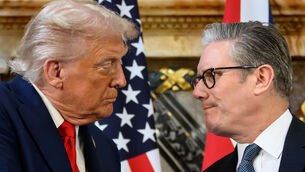Media can’t have it all their own way regardless of consequences
We get the views of media experts and journalists, politicians and lawyers.
But the rest of us, it seems, aren’t entitled to a view at all. It’s as if the media knows best what’s good for us.















